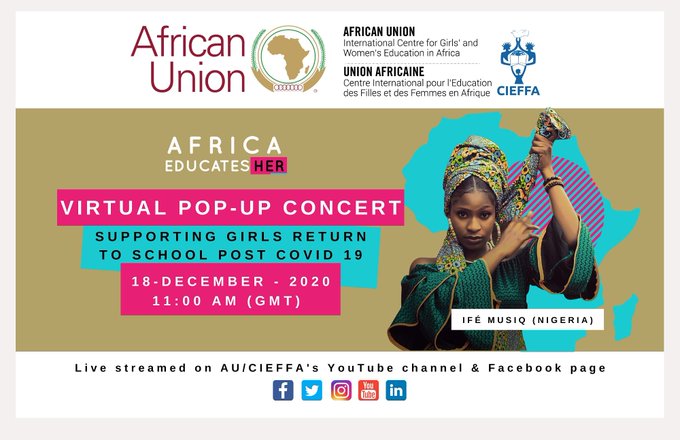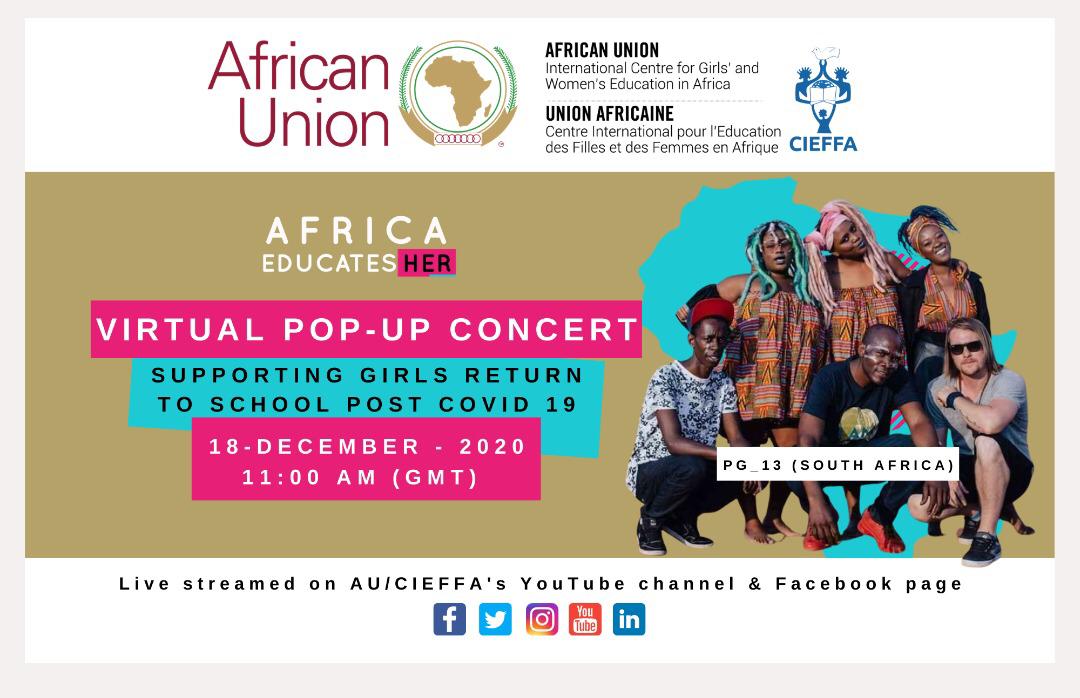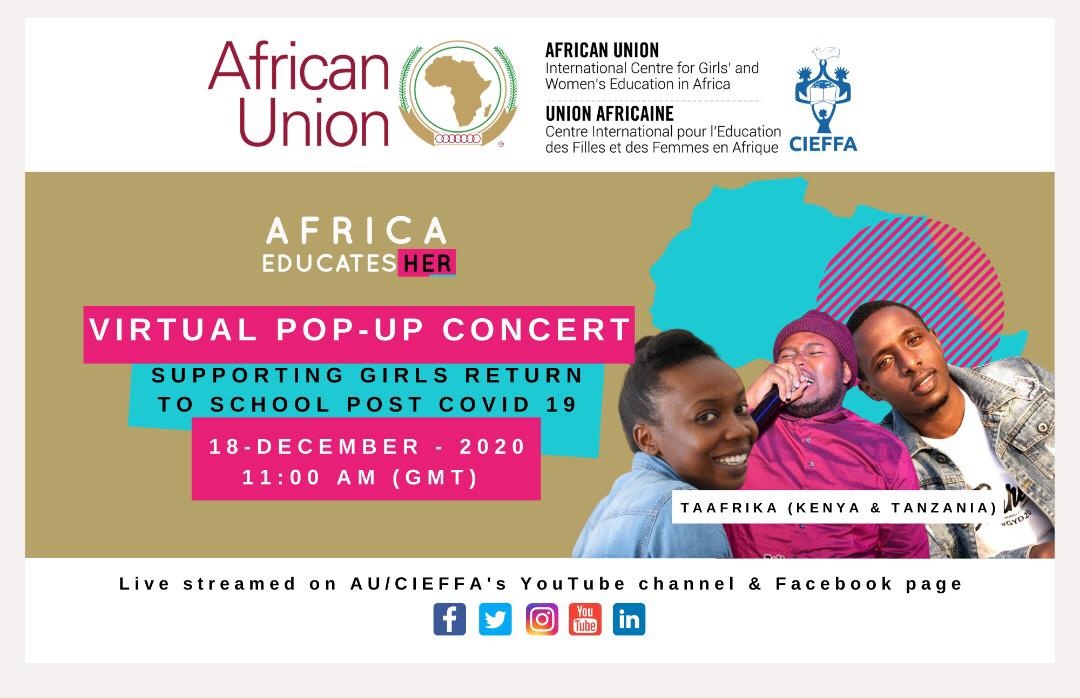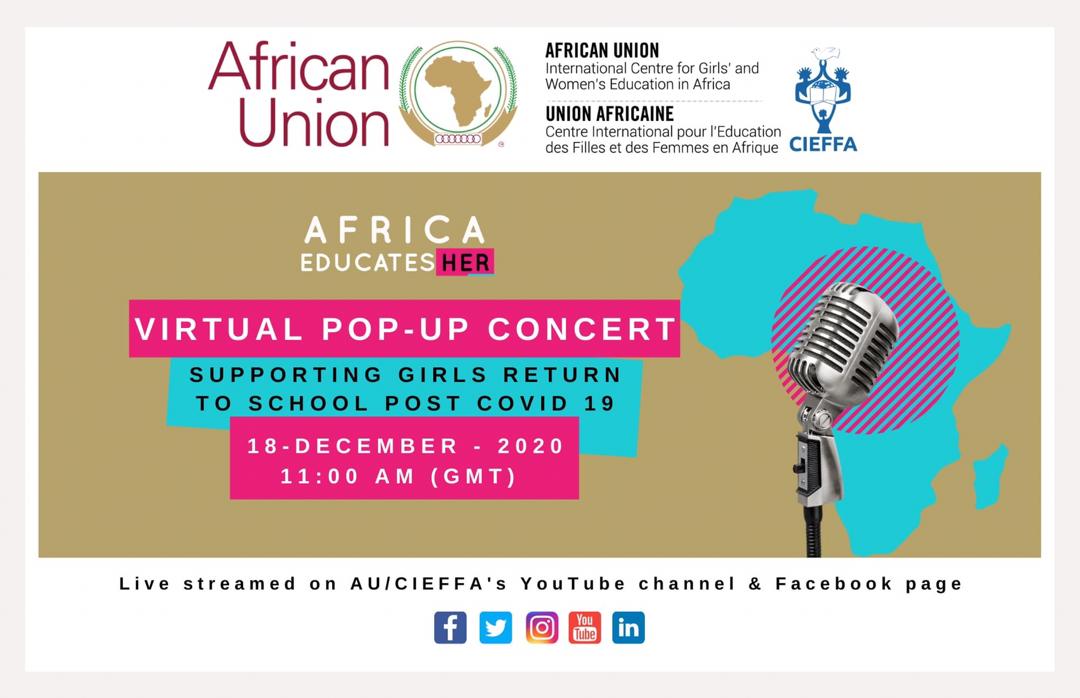The United Nations has warned that millions of children in Ethiopia’s Tigray region remain out of reach, despite an agreement made earlier this month to channel desperately needed humanitarian aid to the northern region where a month of war has killed, wounded and uprooted a large number of people.
“Some 2.3 million children in Tigray, Ethiopia, remain cut off from humanitarian assistance amid continuing violence since the beginning of November,” UNICEF executive director Henrietta Fore said in a statement on Tuesday.
“We are extremely concerned that the longer access to them is delayed, the worse their situation will become as supplies of food, including ready-to-use therapeutic food for the treatment of child malnutrition, medicines, water, fuel and other essentials run low,” Fore said.
“Protecting these children, many of whom are refugees and internally displaced, and providing them with humanitarian aid must be a priority,” she added.
Aid, access
The pact reached with Ethiopia and announced by UN officials on December 2 aimed to allow aid workers “unimpeded” access to the government-controlled areas of Tigray, where federal troops have been battling the Tigray People’s Liberation Front (TPLF).
Prime Minister Abiy Ahmed announced a military operation against forces loyal to the TPLF on November 4.
Abiy, last year’s Nobel Peace Prize winner, has rejected the idea of dialogue with the TPLF leaders, who are on the run but say they continue to fight even after the government claimed seizure of the regional capital, Mekelle.
The war is believed to have killed thousands, sent more than 45,000 refugees into Sudan, displaced many more within Tigray, and worsened suffering in a region where 600,000 people were already dependent on food aid even before the conflict began.
For weeks before the announcement of the deal, the UN and others pleaded for aid access amid reports of food, medicines and other supplies running out.
The deal was expected to allow the first aid to the region of six million people cut off due to the fighting between the federal and Tigray regional governments, each regarding the other as illegal.
But in its statement on Wednesday, UNICEF said the situation remained difficult, calling for “urgent, sustained, unconditional and impartial humanitarian access to all families in need wherever they are”.
“We also urge authorities to allow the free movement of civilians wishing to seek safety elsewhere. This includes those requesting to cross the border to seek international protection.
“Meeting the critical needs of children and women must not be delayed any longer,” the UNICEF statement said.

The UN said some two million people in Tigray need assistance – a doubling from the number before the fighting – and some one million people are displaced.
Food, fuel and cash are in short supply, according to the UN Office for the Coordination of Humanitarian Affairs (OCHA), while the International Committee of the Red Cross (ICRC) says basic medical equipment is lacking.
The UN also sounded an alarm over severe food shortages being faced by nearly 100,000 Eritrean refugees sheltering in Tigray’s camps, requesting “urgent access” to deliver aid.
Eritreans often leave to escape mandatory, indefinite military service and repression or search for better opportunities out of what has long been one of the world’s most isolated countries.
SOURCE : AL JAZEERA AND NEWS AGENCIES















